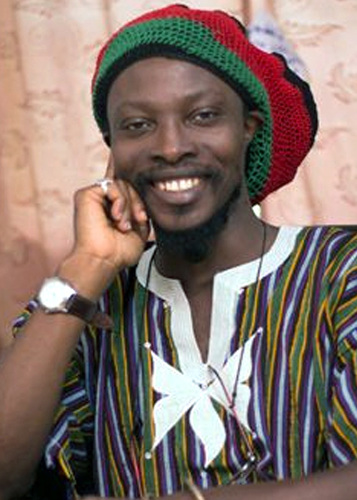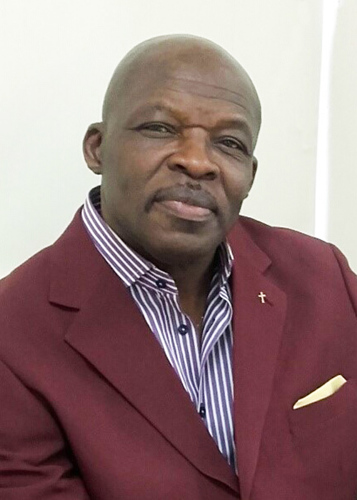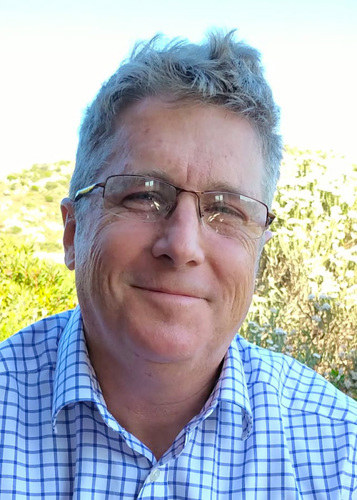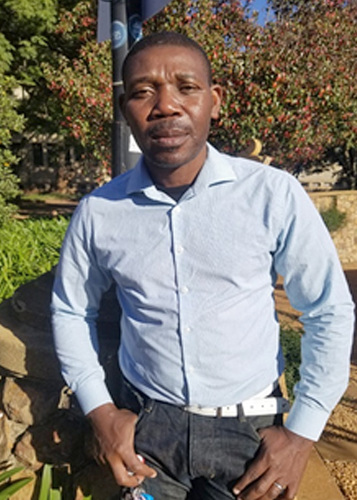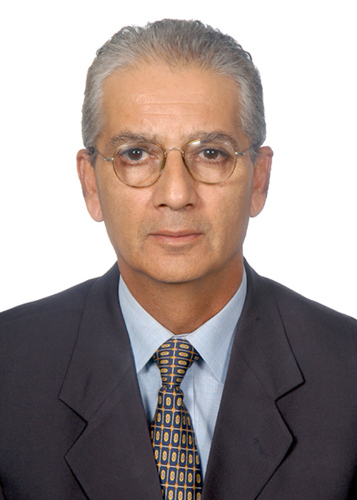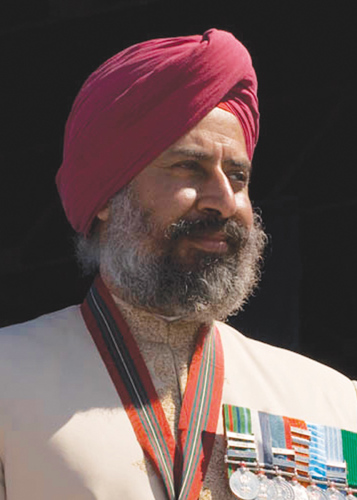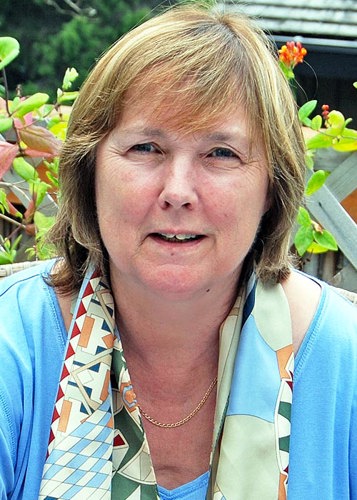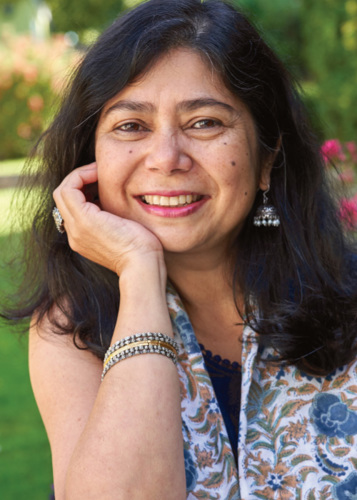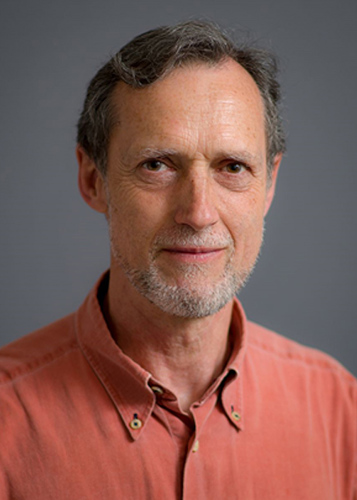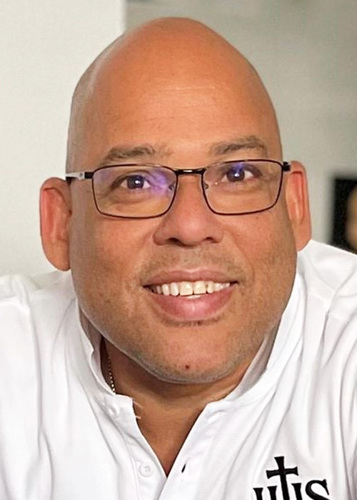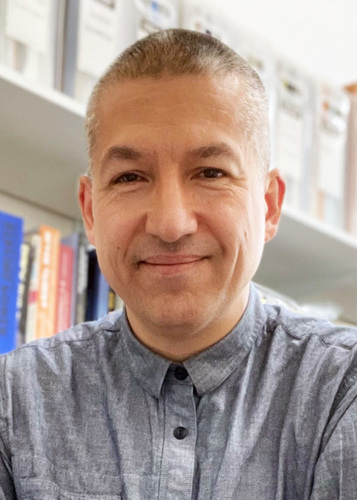CWGC Non-Commemoration Advisory Panel
Our Global Advisory Panel are experts drawn from a range of fields, including public engagement, digital heritage, culture, academia, policy, and public life. They bring expertise and new perspectives that enhance our work in South Africa, Kenya, Malawi, Sierra Leone, and Tanzania.
|
Professor De-Valera Botchway - head of the History Department at the University of Cape Coast, Ghana and a Professor of History (Social and Cultural History of African and Diasporic African Peoples). He is a published author and member of the Historical Society of Ghana. |
Dr Festus Cole – Born in Sierra Leone, West Africa, and an expert on the history of Sierra Leone during the First World War. Currently Assistant Professor at Bowie State University, his teaching experience spans three continents: Africa, the United Kingdom, and the United States. |
Dr Greg Mills – Director of the Brenthurst Foundation, an organisation established by the Oppenheimer family to accelerate economic expansion in Africa, driven by the sharing of ideas, data and experiences. He is an author and member of the Royal United Services Institute advisory board. |
|
Dr George Njung – an established historian at the University of the Witwatersrand with an interest in West and Central Anglophone and Francophone Africa. Among other subjects, he is particularly interested in colonialism, the First World War, African military and political cultures and war-related disability. |
Maj-Gen (retired) Ali Hamid – Retired from the Pakistan Army in 2005 and is an established military historian and author. Maj-Gen Hamid is a founding member of the board of the Pakistan Army Institute of Military History. He is also actively involved in the preservation of military memorials and cemeteries. |
Sqn-Ldr (retired) Rana Chhina – Secretary and Editor at the United Service Institution of India’s Centre for Armed Forces Historical Research. He is an author and responsible for spearheading the USI-MEA 'India and the Great War' centenary project, he has expertise in the history of the Indian Army in the world wars. |
|
Professor Michèle Barret – Professor of Modern Literary and Cultural Theory, Queen Mary, University of London. She has researched and written about non-commemoration in Africa since 2003 and was a member of the original Special Committee to investigate historical cases of non-commemoration. |
Shrabani Basu – Shrabani Basu is a journalist and Sunday Times best-selling author, founder and chair of the Noor Inayat Khan Memorial Trust and has written several books on Indian involvement in the two world wars. A frequent commentator on radio and television, she also sat on the original Special Committee. |
Dr Nick Westcott – Director of the Royal African Society and Research Associate at SOAS, University of London. A doctor in African history, Cambridge University, with 35 years as a diplomat for the Foreign and Commonwealth Office and European Union in Africa. He sat on the original Special Committee. |
|
Vasuki Shastry – previously a journalist covering business and politics in India, Singapore, and Indonesia. After leaving journalism in 1998, he worked for the International Monetary Fund in senior communication roles including Asia Pacific spokesperson, head of internal communications, and global head of public affairs. He is a serving Commissioner with the CWGC. |
Professor Oswald Masebo – Senior Lecturer at the University of Dar es Salaam whose publications focus on African history and the history of medicine and Tanzanian experiences of the First World War. He is the president of the Historical Association of Tanzania. |
Dr Alia Mossallam – is an Egyptian academic who works at the Centre for Middle Eastern and North African Politics at Freie Universitat, Berlin and has published on the history of the Egyptian Labour Corps in the First World War. |
|
Guy Hewitt – is the inaugural director of racial justice in the Church of England. Ordained nearly 20 years ago, he served as a self-supporting minister alongside his public service career which included charity, NGO, academic, intergovernmental, and diplomatic roles. He is a Senior Fellow of the UCL Institute of Commonwealth Studies and a Newbigin Fellow for Faith, Peace, and Justice. He was one of the leading advocates on the Windrush scandal. |
Dr Richard Benjamin – Senior Lecturer in Contemporary Museum Practice in the School of Histories, Languages and Cultures at the University of Liverpool and Co-Director of the Centre for the Study of International Slavery. He was Head of the International Slavery Museum at National Museums Liverpool from 2007 until 2021 and is the Co-Editor of the Routledge series, Restorative Justice in Heritage Studies & Archaeology. |
|


